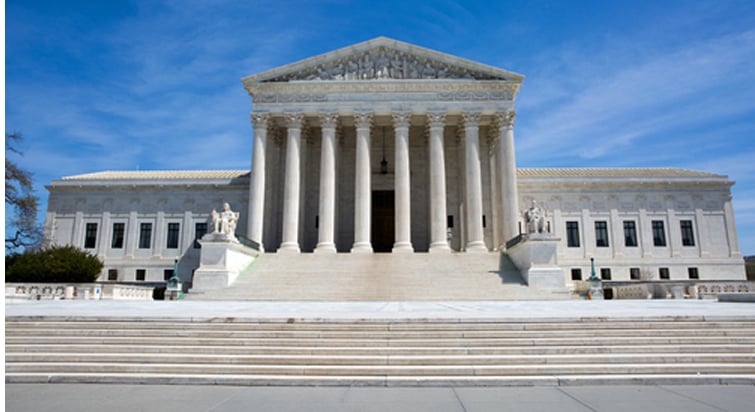Supreme Court will hear case on immigration bond hearings for noncitizens convicted of crimes

The U.S. Supreme Court has agreed to hear a case about whether immigrants convicted of crimes can be jailed in civil detention without a bond hearing.
Bloomberg Politics and the Associated Press covered the cert denial.
The cert petition in Nielsen v. Preap asks whether immigrants are subject to mandatory detention—meaning they don’t get a bond hearing—if they serve their time for a conviction and are released by criminal authorities some time before they’re picked up by immigration authorities. Federal law says mandatory detention applies to immigrants who are transferred directly from a criminal jail or prison to immigration detention. But Bloomberg says it’s less clear whether that applies when immigration authorities don’t take custody right away.
The case centers around Mony Preap, a California man who served time for two marijuana possession offenses and was released in 2006. Preap, who came to the United States from war-torn Cambodia as an infant in 1981, was deportable because of the convictions. But he was not picked up by immigration authorities until 2013, seven years later, when he was convicted of battery (a nondeportable offense).
The San Francisco-based 9th U.S. Circuit Court of Appeals ruled in Preap’s case that immigrants who aren’t immediately taken into custody have a right to a bond hearing.
“Congress’ design of protecting the public by detaining criminal aliens is undoubtedly premised on the notion that recently released criminal aliens may be presumed a risk,” wrote Judge Jacqueline Nguyen for the appeals court. “Such a presumption carries considerably less force when these aliens live free and productive lives after serving their criminal sentences.”
The Trump administration, seeking to overturn that ruling, argues that it frustrates “DHS’s ability to remove deportable criminal aliens from the United States,” and that Congress intended the mandatory detention rule to prevent deportable immigrants from fleeing or reoffending during removal proceedings.
The Supreme Court ruled recently in a separate case, Jennings v. Rodriguez that people already in immigration detention, with or without criminal convictions, aren’t entitled to bond hearings.
Bloomberg says the Preap case has implications for the political debate over so-called sanctuary cities, many of which decline to hold immigrants past the ends of their sentences so that immigration authorities may pick them up.



